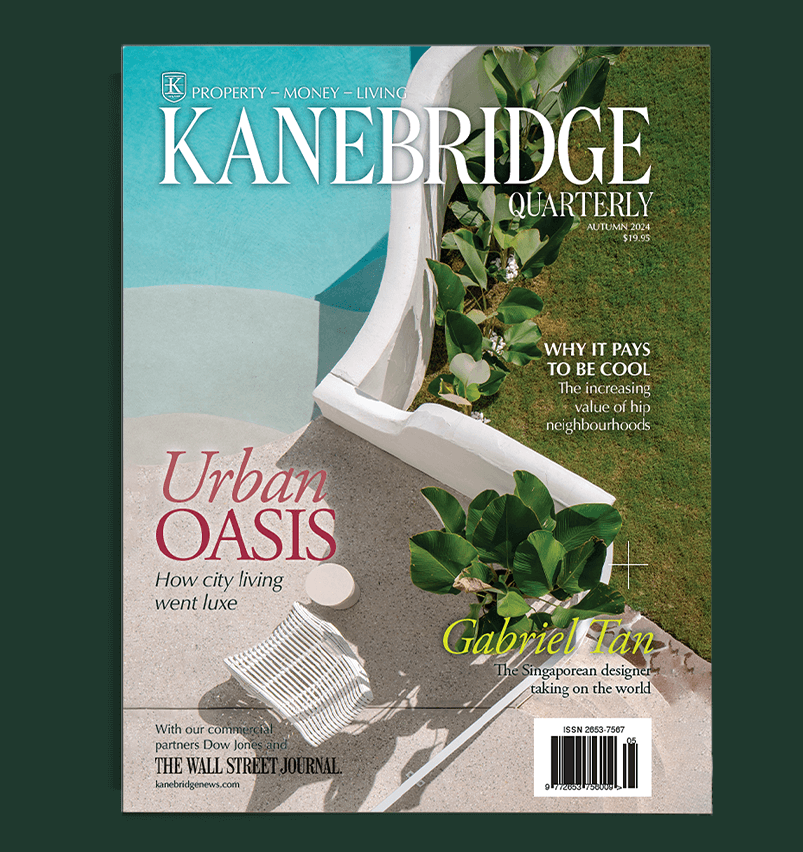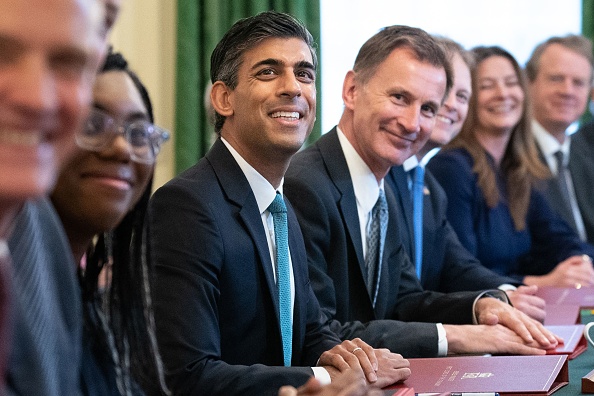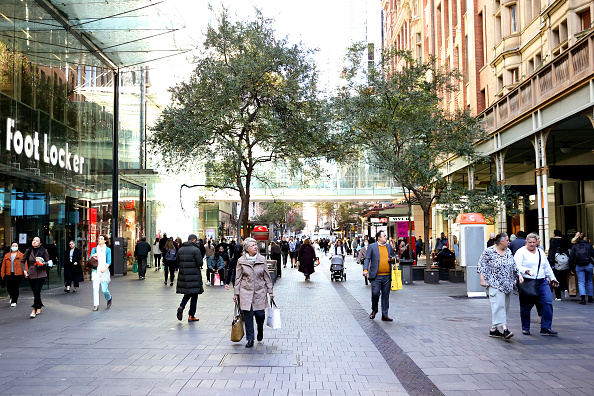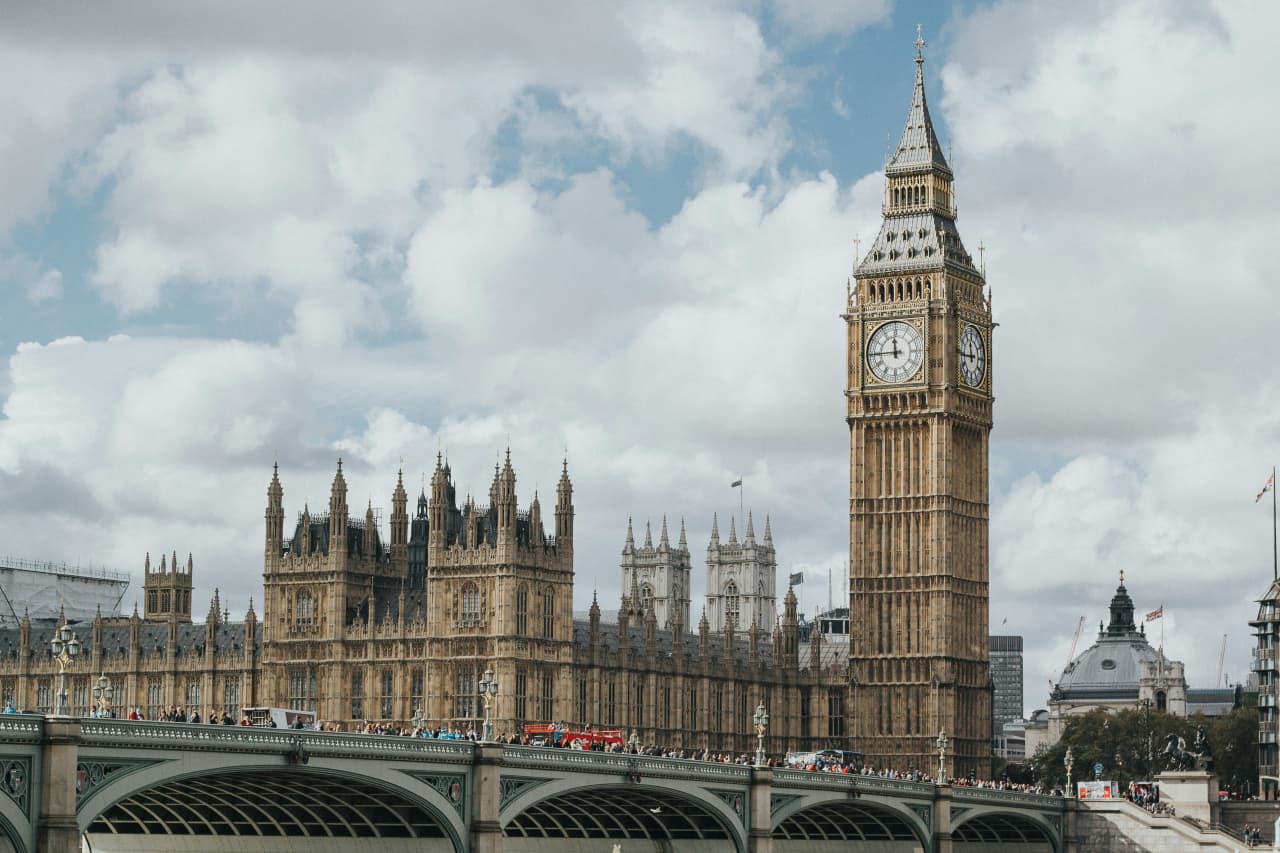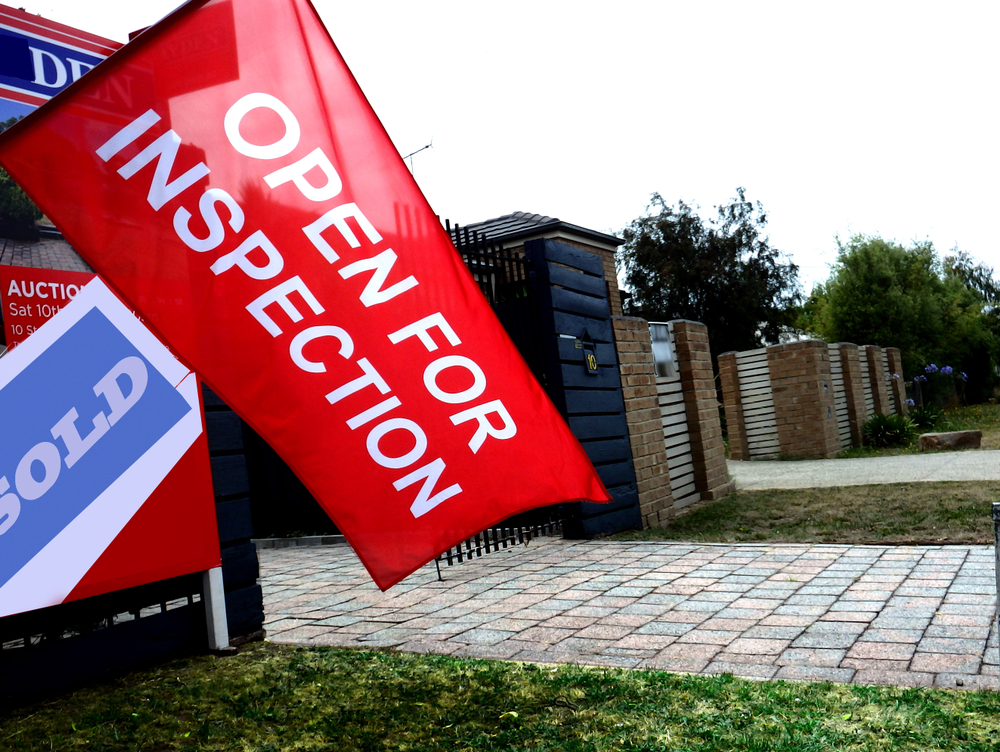Britain Is Getting Back on Track
Successes in Ukraine and the Pacific and Rishi Sunak’s leadership shore up standing lost to Brexit and Covid.
War in Europe, crisis in the Middle East, growing tensions across East Asia, and a widening chasm between a beleaguered West and the Global South: Writing a Global View column in times like these is not always the happiest of tasks. But at least one good-news story has been building quietly over the last few months. Global Britain is becoming a reality and the world is better off because of it.
The world has changed since the British voted to leave the European Union in 2016. After Brexit, enthusiastic backers expected an aggressively deregulating Britain would become a kind of Singapore-on-Thames. Russian oligarchs, Chinese moguls and Arab oil sheikhs would flock to London, eager to enjoy a sophisticated financial market that was less regulated and more hospitable than either the EU or the U.S. Free-trade agreements with the U.S. above all, but also fast-growing Asian nations, would more than compensate for the loss of the U.K.’s privileged position in the EU.
That’s not how things worked out, and the world is a much tougher place for middle powers than anyone expected when Brexit passed. Even as Covid disrupted the world economy and shut Britain’s lucrative tourism sector down, the open international economy of 2016 began to wither. Russia’s war in Ukraine and deepening U.S.-China tensions ended the dream that London could prosper as a neutral financial centre. Rising protectionism world-wide made trade agreements harder to reach and highlighted the importance of belonging to big trading blocs like the EU.
On top of this, a spat with the EU over the Northern Ireland Protocol, aimed at keeping the border with the Irish Republic open after Brexit, proved a much larger problem for Britain than Boris Johnson’s government anticipated. The details are fiendishly complicated, but in his rush to “get Brexit done,” Mr. Johnson signed an agreement with the EU that Unionist Protestants in Northern Ireland saw as weakening ties with Britain. The resulting tensions threatened the stability of the troubled region, and by the end of his premiership Mr. Johnson was threatening to break his own agreement with the EU. That stance infuriated Brussels and alienated an Irish-American named Joe Biden, killing any talk of a free-trade agreement between Britain and the U.S.
That’s not where things stand today. Building on foundations laid down in the Johnson era, Prime Minister Rishi Sunak has repaired relations with European partners and Washington even as Britain has carved out a significant place in Asia. Britain at long last may be finding a role.
Britain’s recent foreign-policy successes stand on two pillars. The first is Aukus, the agreement to work cooperatively with the U.S. to help Australia build a fleet of nuclear-powered submarines. The trust among these three countries enables a level of technological and economic cooperation that potentially extends far beyond the submarine program. With Britain moving toward membership in the Comprehensive and Progressive Agreement for Trans-Pacific Partnership (based on the Trans-Pacific Partnership that the U.S. helped negotiate but then refused to join), the U.K. has achieved a stronger presence than any European state in the fast-growing Indo-Pacific region.
Meanwhile, Britain’s unswerving support for Ukraine has put London back at the centre of European politics. Britain’s stance earned deep gratitude from Poland, the Baltic states, Sweden and Finland. That, along with Mr. Sunak’s more constructive approach toward Brussels, strengthened pro-British feelings inside the EU and helped pave the way for the major concessions on the Northern Ireland Protocol that enabled Mr. Sunak to forge the groundbreaking Windsor Framework. If the deal, announced last month, holds up, it would remove a major stumbling block in U.S.-U.K. relations.
The payoff could be substantial. Last week Sen. Chris Coons (D., Del.), a close Biden ally, introduced a bipartisan bill with John Thune (R., S.D.) authorising fast-track talks on a U.S.-U.K. free-trade agreement. The White House plans a Biden visit next month to commemorate the 25th anniversary of the Good Friday Agreement, which ended the violence in Northern Ireland. British negotiators hope for Britain’s eventual inclusion in tech talks between Washington and Brussels.
With an unpopular Tory government facing a revived, de-Corbynized Labour Party, and with inflation wreaking havoc on British living standards and touching off waves of strikes among public employees, foreign-policy success may not be enough to save the ruling Conservatives from the wrath of the voters. But it is likely to help, and if the Sunak government can continue to carve out a serious role for post-Brexit Britain in world politics, the next election could be a much closer affair than most forecasters currently predict.
Regardless, Americans should welcome Britain’s return to the high table of world politics. A stronger Britain means a healthier West, and given the otherwise grim state of world affairs, Washington can use all the help it can get.
 Copyright 2020, Dow Jones & Company, Inc. All Rights Reserved Worldwide. LEARN MORE
Copyright 2020, Dow Jones & Company, Inc. All Rights Reserved Worldwide. LEARN MORE
This stylish family home combines a classic palette and finishes with a flexible floorplan
Just 55 minutes from Sydney, make this your creative getaway located in the majestic Hawkesbury region.
It’s a slow start for 2024 but the longer term outlook for the local economy is strong
The International Monetary Fund (IMF) has described the global economy as “surprisingly resilient” amid rapid interest rate rises to quell high inflation since 2022, post-pandemic supply chain disruptions, a short-term spike in energy prices due to the war in Ukraine and increased geopolitical tensions involving China and the Middle East.
The IMF’s biannual World Economic Outlook report says the world has so far avoided stagflation and recession, with large pandemic savings enabling households to cope with higher rates and inflation, and strong immigration in advanced economies creating unusually tight labour markets.
IMF economic counsellor Pierre-Olivier Gourinchas said most indicators point to a soft landing for the global economy and the IMG now expects “less economic scarring from the pandemic”. He noted that markets had reacted exuberantly in recent weeks to the prospect of central banks lowering interest rates soon.
However, the IMF says global growth will moderate over the next five years to its lowest level in decades. It projects 3.2 percent global growth in 2024 and 2025, the same pace as 2023, with still-high borrowing costs, the withdrawal of fiscal support and weak productivity growth weighing economic activity down.
Australia is expected to underperform other advanced economies, especially the United States, this year but will surge beyond them from 2025. The IMF predicts annual gross domestic product (GDP) growth of 1.5 percent in Australia in 2024, which is well below our long-term pre-pandemic average of 2.5 percent. The US is expected to book above-average growth of 2.7 percent in 2024 and the world’s advanced economies are tipped to average 1.7 percent growth.
Australian economic growth will then move above other advanced economies and maintain upward momentum through til 2029. The IMF predicts 2 percent GDP growth for Australia in 2025 and 2.3 percent in 2029. For the US, the IMF expects 1.9 percent growth in 2025 and 2.1 percent in 2029. For the advanced economies in aggregate, the IMF forecasts 1.8 percent growth in 2025 and 1.7 percent in 2029.
The IMF said higher interest rates had had less effect on the US economy compared to Australia because most US mortgages are on long-term fixed rates and household debt has been lower since the global financial crisis. In Australia, most loans are on variable rates and therefore immediately impacted by every rate rise, household debt is high, and housing supply is restricted.
“The exceptional recent performance of the United States is certainly impressive and a major driver of global growth, but it reflects strong demand factors as well, including a fiscal stance that is out of line with long-term fiscal sustainability,” said Mr Gourinchas.
An example of unusual fiscal policy is the Inflation Reduction Act, which includes US$369 billion in new spending to encourage green energy investment. “This raises short-term risks to the disinflation process, as well as longer-term fiscal and financial stability risks for the global economy since it risks pushing up global funding costs,” he said.
While things are going well now, Mr Gourinchas said risks to global economic progress remain.
“On the downside, new price spikes stemming from geopolitical tensions, including those from the war in Ukraine and the conflict in Gaza and Israel, could, along with persistent core inflation where labour markets are still tight, raise interest rate expectations and reduce asset prices. A divergence in disinflation speeds among major economies could also cause currency movements that put financial sectors under pressure.”
Mr Gourinchas said growth in China could falter, hurting trading partners, without a comprehensive response to its property sector downturn. “Domestic demand will remain lacklustre for some time unless strong measures and reforms address the root cause. Public debt dynamics are also of concern, especially if the property crisis morphs into a local public finance crisis.”
He also noted that weak productivity growth remains a challenge for the whole world and “much hope rests on artificial intelligence delivering strong productivity gains in the medium term”.
This stylish family home combines a classic palette and finishes with a flexible floorplan
Just 55 minutes from Sydney, make this your creative getaway located in the majestic Hawkesbury region.



